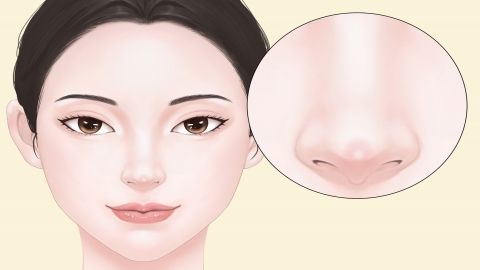Is nasal augmentation with implants good?
Prosthetic rhinoplasty generally involves implanting prosthetics made of materials such as silicone or expanded polytetrafluoroethylene (ePTFE) into the nasal area to enhance the nose's appearance, making it straighter and more harmonious. The general reference price for prosthetic rhinoplasty is 8,000–20,000 yuan per session, with visible improvement typically seen within one to three months. Prosthetic rhinoplasty is usually suitable for individuals with a low or concave nasal bridge but generally not recommended for those with certain medical conditions. It is advisable to visit a hospital promptly and follow medical advice for appropriate management.

Prosthetic rhinoplasty involves implanting selected prosthetics into the nose to make it appear more defined and aesthetically pleasing. This procedure is generally suitable for individuals who have clear expectations for improving their facial appearance, have fully understood the risks and consequences of the surgery, and are mentally prepared. For those with a low or concave nasal bridge who wish to improve their nasal shape through surgery, prosthetic rhinoplasty may help enhance their condition.
Patients with severe medical conditions or contraindications to surgery, such as heart disease, hypertension, or diabetes, as well as those with inflammation or infection in the nasal skin or mucous membranes, are generally not suitable candidates for prosthetic rhinoplasty and may not benefit from the procedure.
In daily life, it is recommended to maintain a light diet, pay attention to nasal care, and ensure adequate rest to facilitate recovery.




